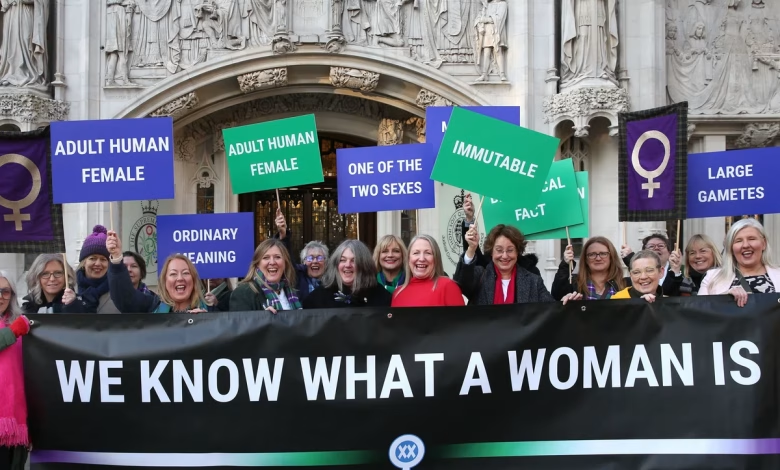UK Supreme Court Rules on Biological Sex Definition in Equality Law

- UK Supreme Court rules "woman" and "sex" in the Equality Act 2010 refer to biological sex
- For Women Scotland wins case, affirming sex-based protections for biological women
- Transgender protections remain under gender reassignment
The UK Supreme Court has unanimously ruled that “woman” and “sex” in the Equality Act 2010 refer to biological sex, marking a significant legal decision that could impact sex-based rights across Scotland, England, and Wales. The case, brought by For Women Scotland, challenged the Scottish government’s interpretation of sex in relation to gender recognition. The Court’s ruling emphasizes that protections under the Equality Act apply to biological women, while transgender people are still protected under the law for discrimination based on gender reassignment.
While the Scottish government initially argued for legal sex defined by Gender Recognition Certificates (GRC), the Court concluded that interpreting “sex” as biological was necessary to maintain coherent protections in areas such as single-sex spaces, health services, and sports. This judgment, though affirming biological sex, assures continued protection against discrimination for transgender individuals.
Campaigners from For Women Scotland celebrated the decision, asserting that it reinforces protections for women. However, LGBTQ+ advocates, including Stonewall and MSP Maggie Chapman, expressed concerns over potential risks to trans rights and protections in the future. The ruling also highlights ongoing debates surrounding transgender and women’s rights, especially in the context of public services, women’s sports, and single-sex spaces.






